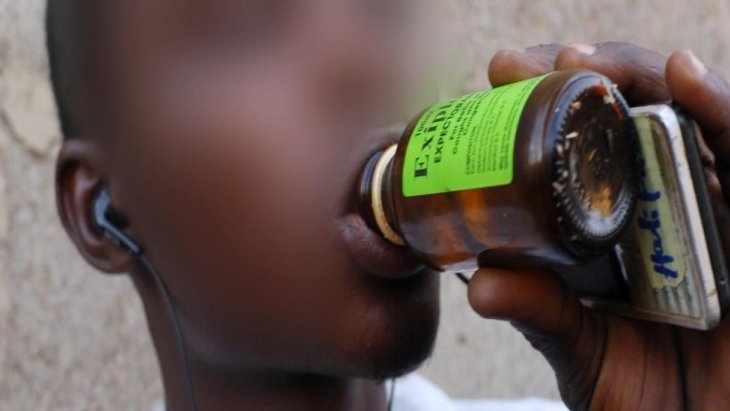
Few months ago, I wrote a piece titled “The leaders of today and the burden of tomorrow”. That piece was an intervention on the expanding menace of drug abuse and addiction in Nigeria today. Many others have equally written on this time bomb gradually ticking to consume a huge percentage of a productive generation. Perhaps, the most triggering intervention was the documentary produced by the British Broadcasting Corporation, African Investigation Bureau that revealed the extent of the illicit structure that fuels this cancer in our society. As they say, better late than never, the government has finally hearkened to the voice of reason and taken a reactive step. Of all the popular chemicals and substances that are daily consumed to feed the addiction of many young men and women, the most pervasive is Codeine. Following public clamour, the government has consequently banned the sale and consumption of Codeine in cough syrup as a step to dealing with the wind of drug abuse that is taking over our country. The ban by the federal government is a positive and commendable show of concern. However, it is a drop in the ocean in the cortege of issues that need intervention.
For starters, addiction is a psychological shortcoming and alteration that makes an individual feel some form of unease and emptiness that can only be arrested by a substance. This psychological thirst is the driver for drug abuse. In essence when the substance they are addicted to is taken away from them, unless there is a healing in the psychological state, they will soon find a replacement. Many of the people that indulge in some form of drug abuse do not limit their options to Codeine. There are other harmful mixtures and substances that aid in this practice. For instance, one of the many options is for them to sniff in the stench from soak away. How would we address that? Can that be solved by simply asking people to stop digging soak away or we would ban people from responding to the call of nature? What this clearly demonstrates is that taking the substance away from the market has not completely solved the problem; in fact it has not solved half of the problem. The government needs to engage in a massive and well-articulated campaign against drug abuse in our country. In addition to the campaign, we need to invest in well-equipped and properly manned rehabilitation centres across the country. The existing rehabilitation centres are not in any way rehabilitating the victims; rather many of them are zoos where humans are transformed into beings for exhibition.
We need to also understand the international dimension to the current reality. The drug abuse challenge Nigeria is facing is the same with Uganda, Kenya, South Africa and many other western countries. Many youths around the world see drug abuse as an essential part of the pop culture. It used to be a shameful thing to talk about smoking Indian hemp and other substances that are daily abused in Nigerian. But things are different now. There is no longer any form of shame in discussing these substances on social media. People talk about what they smoke, mix and consume without any form of restrain. So the gullible youths are exposed to a barrage of information that lures them into unwholesome acts. This is further amplified by the growing unemployment that leaves many young Nigerians idle and accessible to various vices. It is so sad that many of the popular hip-hop artistes also dedicate notable time to acknowledge this lifestyle in the lyrics of their songs and the attendant music videos. However, this also provides an opportunity for the government to activate a campaign for behavioural change by using the same musicians to drive the message because they wield appreciable influence on the young population.
We need to understand that what we are dealing with is a multi-dimensional issue that has the capacity to negatively impact the productivity of this nation few years to come. And we cannot afford to address it using a unidirectional approach. We need concerted effort working with diverse social institutions including religious organisations and schools. The Tony Rapu Freedom Foundation is a good example in this regard. Some private universities in the country have demonstrated their seriousness in dealing with the issue by conducting random and unscheduled drug test on students. In most cases, students that fail the drug tests are usually expelled from the school. As much as this may serve as deterrence to other students, perhaps a more effective approach would be to refer the expelled students to a rehabilitation centre where they would be properly treated and reintegrated into the society lest they take solace in the drug abuse. More importantly, families and especially parents must be alive to their duties. Many of these behavioural shortcomings can be corrected if parents would pay more attention to parenting and balance the rat race to survive in an increasingly dynamic society.